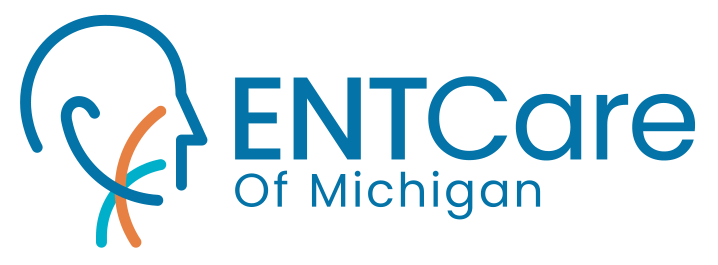When Do You Need Sinus Surgery
Are you tired of battling chronic sinus problems? If congestion, headaches, and sleepless nights have become your daily reality, sinus surgery might be the solution you've been searching for! Read on and explore what sinus surgery entails and when it’s time to consider this option for relief.
What is Sinus Surgery?
Sinus surgery is a specialized medical procedure aimed at addressing various issues related to the sinuses, which are the air-filled cavities located behind your forehead, cheeks, and eyes. This surgery aims to clear blockages, remove abnormal growths, or correct structural problems that contribute to chronic sinus infections and other sinus-related conditions. By restoring proper drainage and function of the sinuses, sinus surgery seeks to alleviate uncomfortable symptoms, such as congestion, facial pain, and difficulty breathing. Ultimately, the goal is to enhance your overall quality of life and provide relief for patients who have been struggling with persistent sinus problems.
Common Symptoms of Sinus Problems
- Persistent Nasal Congestion: A continuous sensation of blockage or stuffiness in the nasal passages that can make breathing difficult
- Facial Pain or Pressure: Discomfort or aching around the eyes, cheeks, or forehead, often exacerbated by bending over or leaning forward
- Reduced Sense of Smell or Taste: A noticeable decline in the ability to detect odors or flavors, which can affect appetite and enjoyment of food
- Frequent Sinus Infections: Recurrent sinus infections that do not respond well to standard treatments, leading to ongoing discomfort and frustration
- Headaches: Chronic headaches that may be localized around the forehead, temples, or behind the eyes, often linked to sinus pressure
- Nasal Polyps: Noncancerous growths that can form in the nasal passages or sinuses, potentially blocking airflow and contributing to other symptoms
When Is Sinus Surgery Required?
Surgery for sinus problems is usually considered when more conservative treatments, like medications and nasal sprays, haven't worked or when a person suffers from frequent or chronic sinus infections that greatly affect their daily life. While many sinus problems can often be managed with medications or changes in lifestyle, surgery may be necessary in the following situations:
1. Chronic Sinusitis: This condition occurs when the sinuses remain inflamed for an extended period—usually more than 12 weeks. If treatments like nasal sprays, antibiotics, or allergy medications don't help, surgery may be recommended to improve sinus drainage and airflow.
2. Nasal Polyps: Nasal polyps are soft, noncancerous growths that can block the nasal passages and lead to sinus issues. If these growths are large or numerous, surgical removal may be necessary to restore normal breathing.
3. Structural Issues: Some people have structural problems in their nasal passages, such as a deviated septum, which can restrict airflow and drainage. Surgery can correct these issues, allowing the sinuses to function better.
4. Frequent Infections: If you have recurrent sinus infections—four or more times a year—that significantly disrupt your life, surgery might be an option to help prevent future infections and improve your overall sinus health.
Types of Sinus Surgery
When surgery is deemed necessary, several options are available:
1. Functional Endoscopic Sinus Surgery (FESS)
FESS is the most common type of sinus surgery. It uses a small camera and specialized tools to remove blockages and polyps from the sinuses through the nostrils. Because it is minimally invasive, patients often experience less pain and a quicker recovery time compared to traditional surgery.
2. Balloon Sinuplasty
This is a gentle procedure that involves inserting a small balloon into the blocked sinus passage and inflating it to open up the area. This method helps improve drainage without the need to remove any tissue, making it a less invasive option.
3. Septoplasty
If a deviated septum (the wall that separates the two sides of the nose) is causing sinus problems, septoplasty may be performed. This surgery straightens the septum to improve airflow and alleviate sinus issues.
Sinus Surgery Specialists in Greater Oakland County, Michigan
If you're dealing with ongoing sinus issues that impact your daily life, it may be time to consult an ENT specialist for a thorough evaluation and expert guidance on treatment options. At ENT Care of Michigan, sinus specialists, Dr. Eric Succar and Dr. Marwan Boulis, are dedicated to providing comprehensive care for your sinus, nose, and throat needs. They focus on delivering personalized and effective treatment tailored to each patient's unique situation.
Schedule an appointment and take the first step toward finding relief from your sinus issues!

At ENT Care of Michigan, we are committed to providing you with exceptional care every step of the way.
Conditions We Treat
Quick Navigation
All Rights Reserved | ENTCare of Michigan | Privacy Policy | Terms of Service | HIPAA Policy
Powered By: ClinicianBox